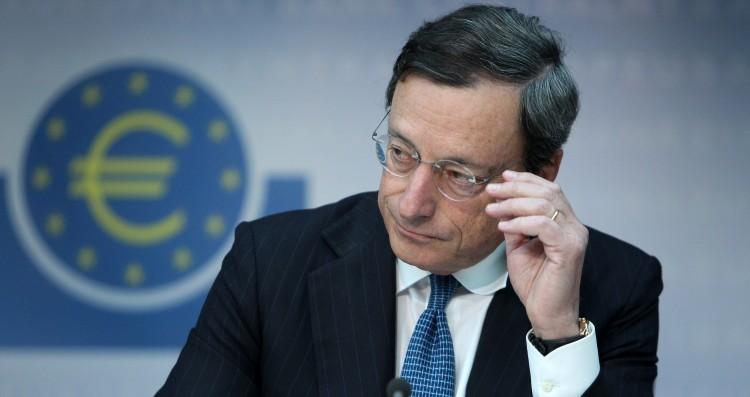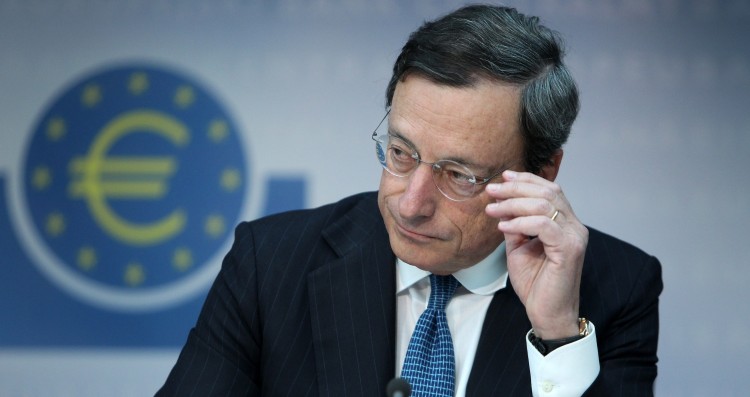As expected, last week was all about central banks, with the Fed and the European Central Bank (ECB) both holding policy meetings.
The case for Europe was a little bit special, as ECB President Mario Draghi had spurred the hope of the markets with comments made July 26 that the ECB would do “anything within its mandate to preserve the euro.”
Heading into the ECB policy meeting last Thursday, the global Purchasing Managers Indices (PMI) released for Europe last Tuesday signaled that 10 out of the 11 countries reporting the manufacturing PMI figure were in economic contraction.
Given the dire economic data and the confident remarks of Draghi, hopes were high for the central bank to provide some form of monetary easing.
ECB Does Not Announce Easing
Immediately on Thursday, however, the market was left disappointed. The ECB had not cut rates, had not committed to further bond buying, and had not launched another long-term refinancing operation (LTRO), where banks can pledge their government bonds with a maturity of up to three years with the ECB for cash.
Nonetheless, the central bank, similar to the Federal Reserve last Wednesday, left the door open by referring to future easing: “the Governing Council may consider undertaking further nonstandard monetary policy measures according to what is required to repair monetary policy transmission. Over the coming weeks, we will design the appropriate modalities for such policy measures,” the Governing Council said in its press release.
The market was initially very disappointed. The euro currency plunged, stocks sold off, and Spanish bond yields climbed back above 7 percent.
ECB Might Buy Bonds Under Certain Conditions
There was another statement in the press release and some comments from Draghi that let markets reverse course and rally strongly into the week’s close.
“The adherence of governments to their commitments and the fulfillment by the EFSF/ESM of their role are necessary conditions. The Governing Council, within its mandate to maintain price stability over the medium term and in observance of its independence in determining monetary policy, may undertake outright open market operations of a size adequate to reach its objective,” the ECB said.
This intention means that once a country has officially requested a bailout, the ECB will directly buy the country’s sovereign bonds to reduce the burden on refinancing. Draghi noted that these operations will focus on shorter dated bonds.
Markets Rally Into Friday
Bond yields across the board declined last Friday, but it is notable that the difference in yields between the 2- and 10-year bonds in Italy and Spain actually increased.
This means that traders are betting on the shorter spectrum like Draghi said, while simultaneously switching out of longer dated paper, where the outlook is less clear.
Even if the ECB just buys shorter-dated bonds; in combination with a program from the European Union, this should significantly reduce default risk, at least for the intermediate term. If troubled countries want to be independent and viable financially, they must work at reforming their economies. Under the official EU program, countries such as Italy and Spain would have to do just that; although it remains unclear whether their socioeconomic fabric would be able to carry such reforms.
Other markets caught the renewed hope and also rallied. The euro was up 0.7 percent for the week and the EURO STOXX climbed 3.1 percent, with all of those gains coming on Friday alone.
This week will be quieter on the news front, with the big central bank meetings out of the way. Markets will have to fend for themselves, as Germany releases export data, industrial production and Italy provides a first estimate of Q2 GDP.
The Epoch Times publishes in 35 countries and in 19 languages. Subscribe to our e-newsletter.







